-
Sacha Agrawal
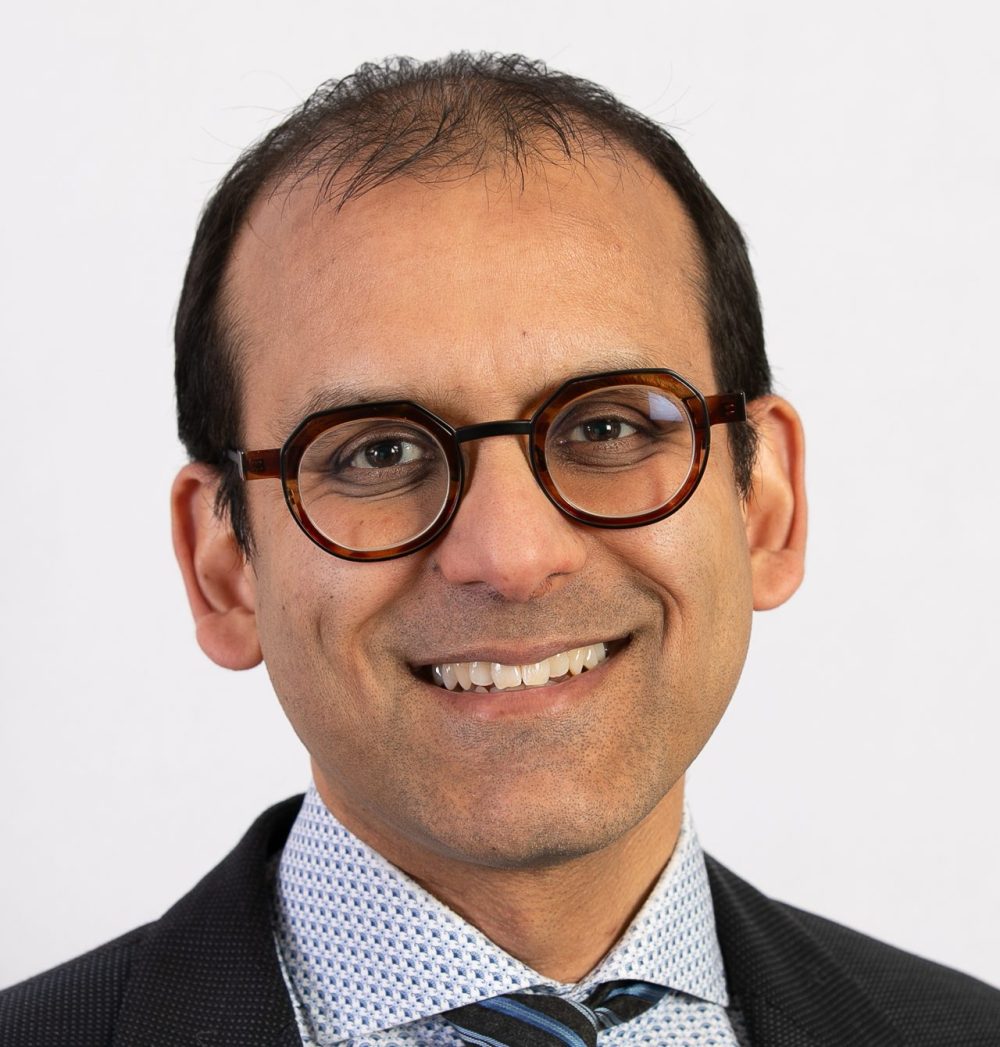
Sacha Agrawal MD MSc FRCPC is an associate professor in the Department of Psychiatry at the University of Toronto, staff psychiatrist and education scholar at CAMH, and advisor (for inclusion and co-production) at CACHE. He frequently teaches psychiatry residents and medical students, and he serves as faculty member of the Collaborative Change Leadership program at UHN and coach with the Education Scholars Program at CFD. Sacha completed medical school at the University of Toronto, his psychiatry residency and Master’s degree in health research methodology at McMaster, and a fellowship in public psychiatry at Yale. He has developed and researched a number of initiatives related to the involvement of patients (service users) in health professions education. His academic interests include pedagogies of social justice and adaptive expertise. Sacha enjoys taking walks in the woods, cooking (and eating!) plant-based foods, and making music with his kids.
-
Samantha Chang
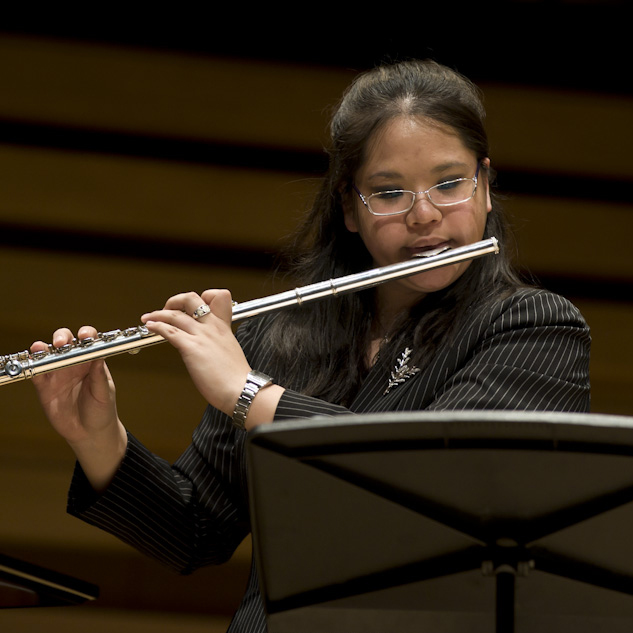
Samantha Chang is the Faculty Liaison, Anti-Racist Pedagogies at the Centre for Teaching Support & Innovation and a Course Instructor at the Department of Art History, University of Toronto. Samantha's teaching practice integrates critical and inclusive pedagogies, accessible design, and the Universal Design for Learning framework. In 2021, Samantha received the U of T Course Instructor Teaching Excellence Award and was shortlisted for the BIPOC Teaching Excellence Award in 2023. Samantha currently serves as a Co-Chair of the Council of Ontario Educational Developers (COED) and the Vice Chair of the Teaching Assistant and Graduate Student Advancement (TAGSA) in the Society for Teaching and Learning in Higher Education (STLHE).
-
Sanne Kaas-Mason
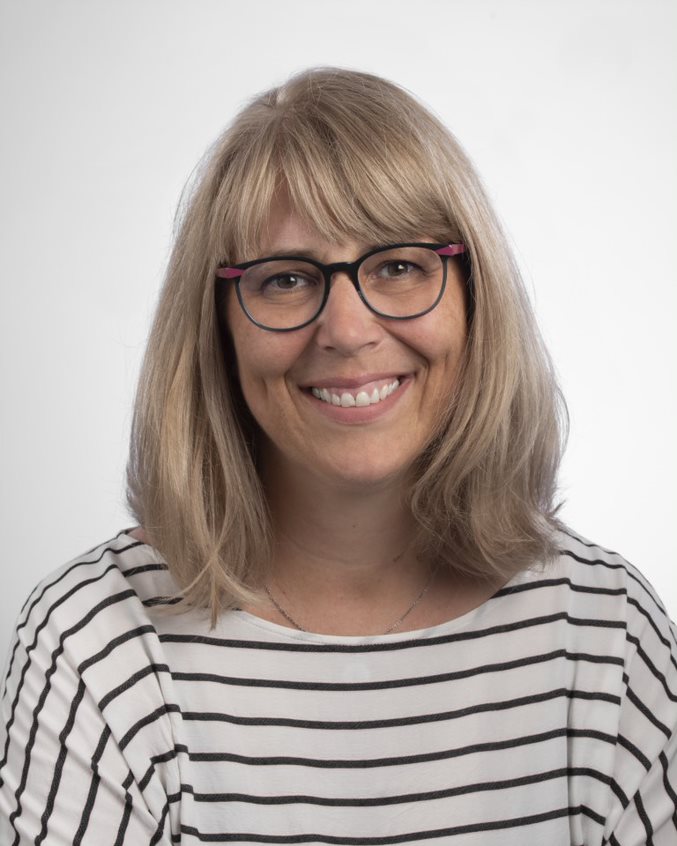
Education Research Fellow, Wilson Centre for Research in Education
PhD student, Health Professions Education Research (HPER), University of TorontoSanne Kaas-Mason is an interprofessional educator whose research interests focus on the various ways that healthcare practitioners engage in interdependent work. She is interested in the spectrum of relatively stable or fluid ways that constellations of collaboration show up across healthcare spaces, and how these impact the delivery of care. This includes interprofessional ways of collaborating. She also explores how entrenched distributions of power, along with siloed understandings of illness and care, might influence collaborative practices of healthcare practitioners.
-
Shelley Craig
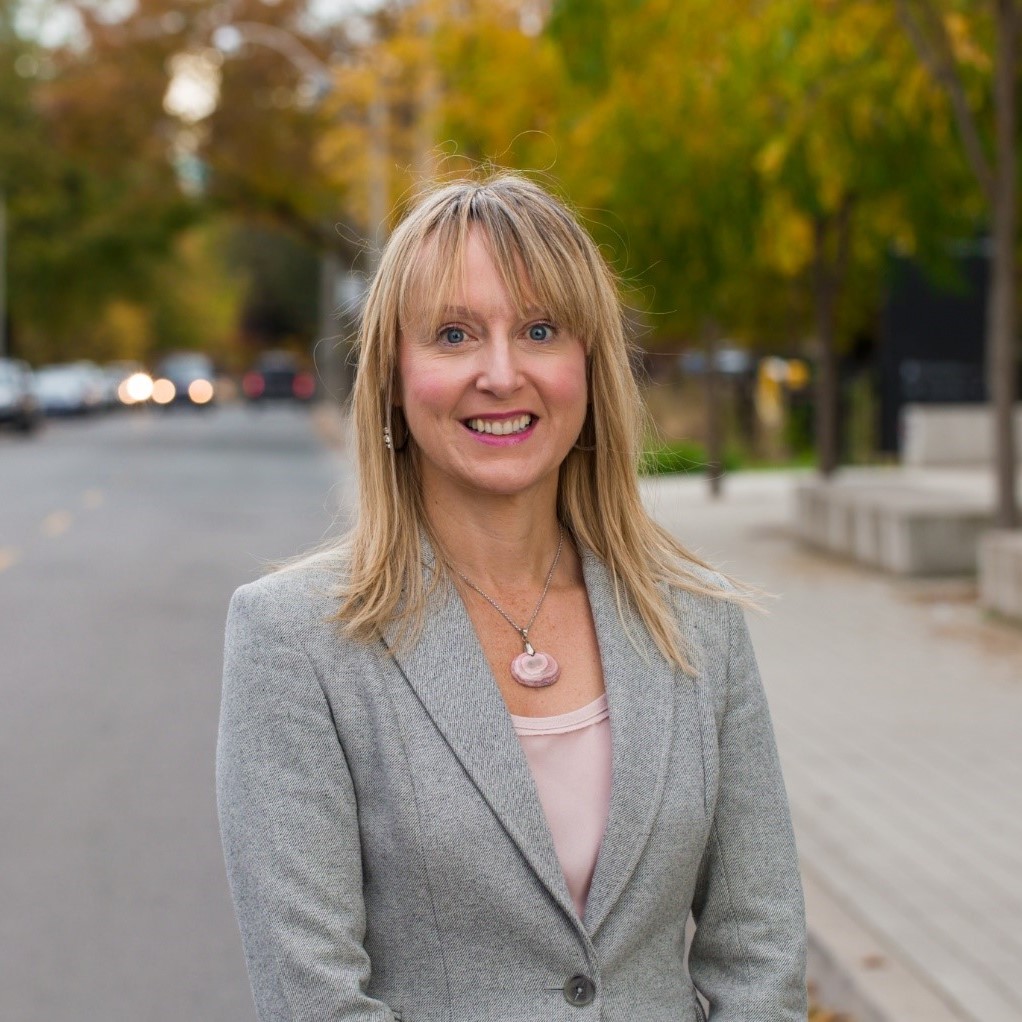
New & Evolving Academic Leaders Program
Full Professor, Factor-Inwentash Faculty of Social Work, University of Toronto
Canada Research Chair in Sexual and Gender Minority YouthDr. Shelley L. Craig is Full Professor at the Factor-Inwentash Faculty of Social Work (FIFSW) at the University of Toronto and Canada Research Chair in Sexual and Gender Minority Youth (SGMY). Dr. Craig has served in a range of community and academic leadership roles for the past twenty-five years, including as the Governing Board Co-Chair of organizations such as the National Board of Parents, Families and Friends of Lesbians and Gays (PFLAG), WorldPride, the Council of Sexual Orientation and Gender Expression and Identity of the Council of Social Work Education (CSWE), Heartstrong and as Board member of the Ontario Association of Social Work (OASW). As Executive Director, she has led organizations supporting victims of familial violence, created systems of care for SGMY and served as leader in interprofessional care in emergency care centers. She recently completed her term as Associate Dean, Academic at FIFSW and developed competencies for graduate education, particularly as it relates to the health and mental health of marginalized populations and equity, diversity and inclusion in organizations and programs.
-
Sophie Soklaridis
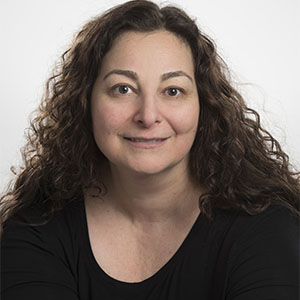
Scientist, Centre for Addiction and Mental Health and Interim Director of Research in Education Cross-Appointed Scientist, Wilson Centre for Research in Education, University Health Network & University of Toronto
Assistant Professor, Department of Psychiatry, University of Toronto
Assistant Professor, Department of Family and Community Medicine, University of TorontoDr. Sophie Soklaridis is a Senior Scientist at the Centre for Addiction and Mental Health (CAMH). She is an Associate Professor at the Department of Psychiatry and Department of Family & Community Medicine at the Temerty Faculty of Medicine, University of Toronto, and the Vice-Chair of Mental Health Equity and EDIIA at the Department of Psychiatry. She is a Scientist at Wilson Centre for Research in Education as well as the Canadian Lead and a core faculty member for the Master of Health Sciences Education in Ethiopia through the Toronto Addis Ababa Academic Collaboration (TAAAC). Her research takes a critical sociological approach on the issues of power, identity and relationships. Her scholarly foci include patient/clients as partners in research and mental health education and the influence of power and privilege on academic medicine. She is a widely published and well-funded scientist who has received multiple awards for her research.
CFD Program Faculty: Stepping Stones
-
Stella Ng
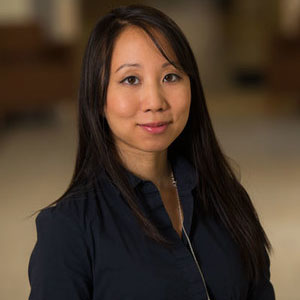
Director & Scientist, Centre for Advancing Collaborative Healthcare & Education
Program Lead, Teaching for Transformation and Best Practice in Education Rounds Centre for Interprofessional Education
Associate Professor, Dept. of Speech-Language Pathology and the Institute for Health Policy, Management & Evaluation, and Wilson Centre Scientist, UofTStella is passionate about the transformative potential of health professions education, particularly critical pedagogies to enhance the collaborative, compassionate, and ethical aspects of health care practice. This passion was sparked by challenges experienced as a pediatric audiologist in the public-school system, which motivated her to study how people respond to value-conflicted, uncertain zones of interprofessional and collaborative practice. Her tri-council-, ministry-, and foundation-funded research thus explores theories of reflective practice and optimizes educational approaches that foster critical reflection, which she mobilizes into her education and leadership work.
-
Tina Martimianakis
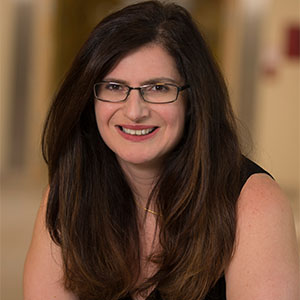
Dr. Maria Athina (Tina) Martimianakis is Professor and Director of Medical Education Scholarship at the Department of Paediatrics, and Scientist and Associate Director, Collaborations and Partnerships at Wilson Centre for Research in Medical Education. Tina studies the socio-politics of education with a particular focus on how we influence learning and the construction of health professional identities through structure, culture and discourse. Her research explores the effects of discourses such as globalization, collaboration and compassion in health professional education. Her educational practice is closely aligned to her research program. As an educator, Tina employs critical and social cultural pedagogies to develop programming to address hidden curriculum effects and improve the learning environment and to enable health professionals to incorporate complex negotiations of the social world in their educational planning and implementation.
-
Todd Duhamel

Dr. Todd Duhamel is a Red River Métis citizen, a professor in the Faculty of Kinesiology and Recreation Management at the University of Manitoba and a Principal Investigator at the St. Boniface Hospital Albrechtsen Research Centre. His research is primarily centered on the role of physical activity in cardiovascular health, with a focus in people with different levels of frailty who experience cardiac surgery. Dr. Duhamel also serves as the Associate Vice-President (Indigenous) - Research and Academic (AVPI-RA) at the University of Manitoba.
